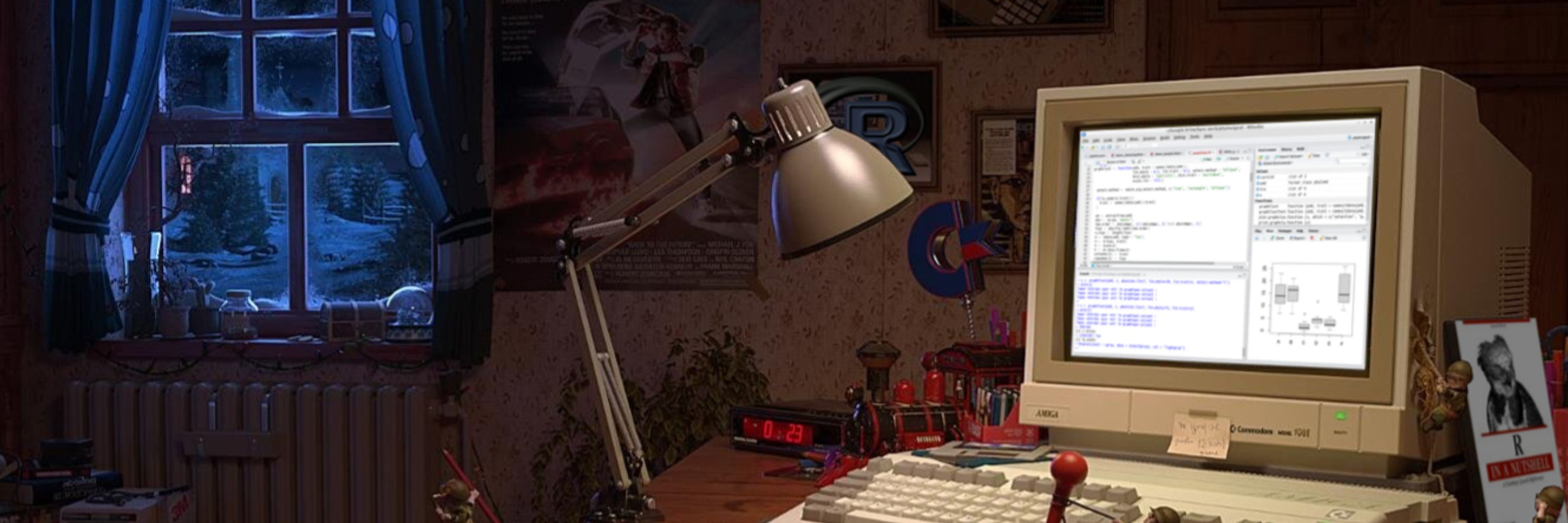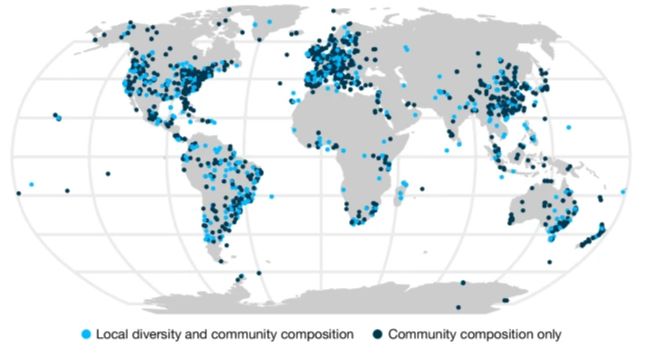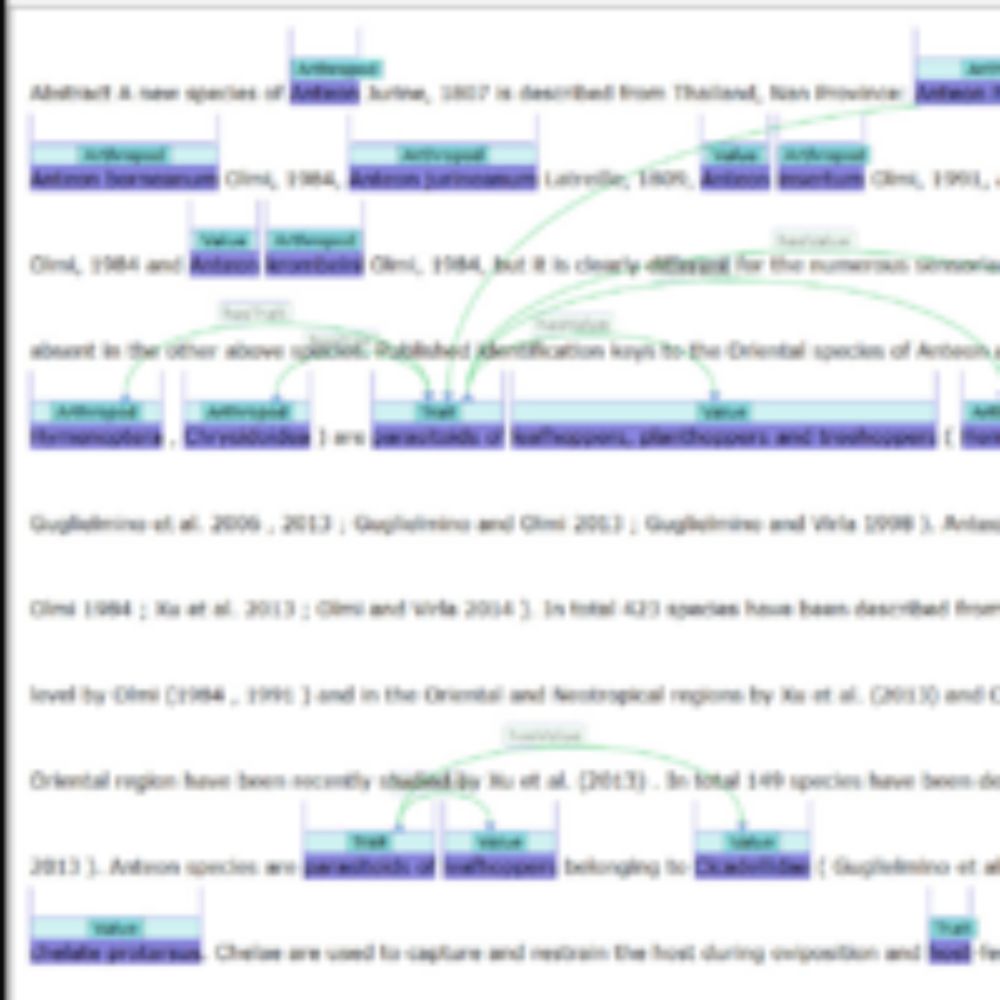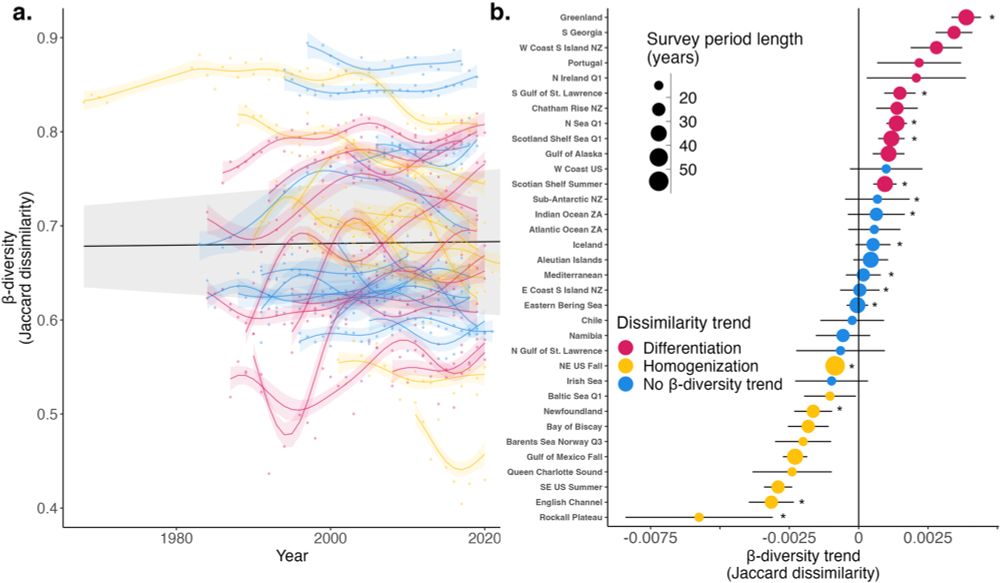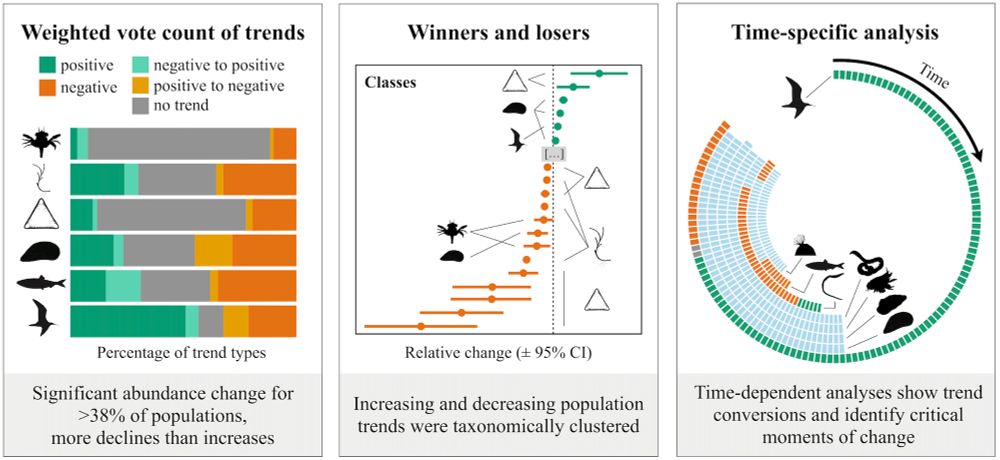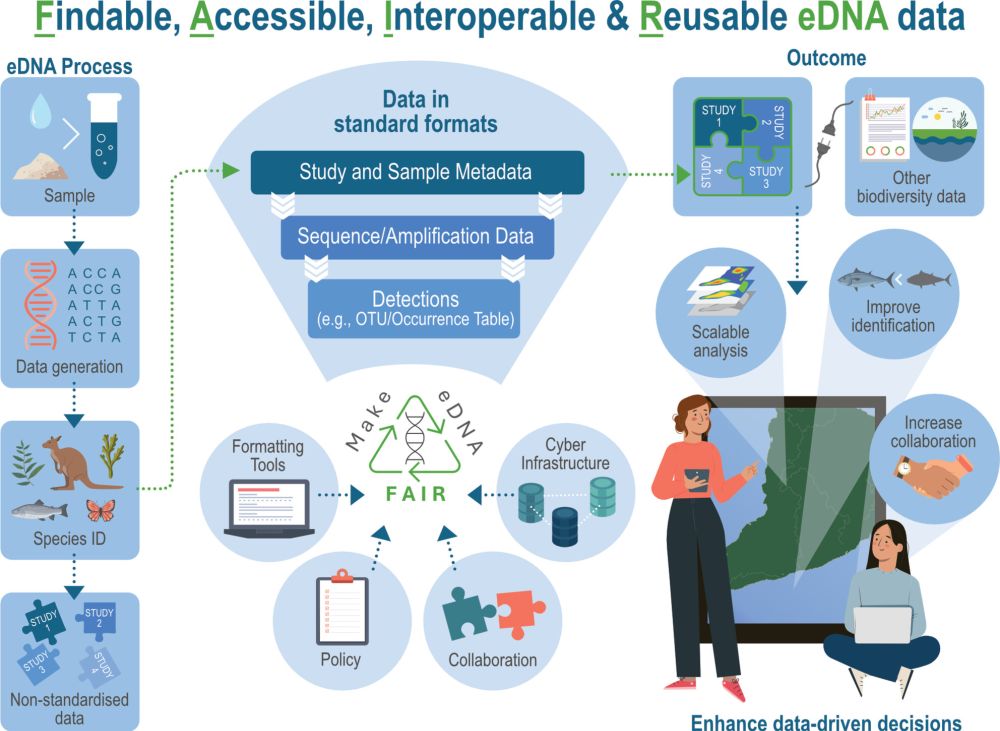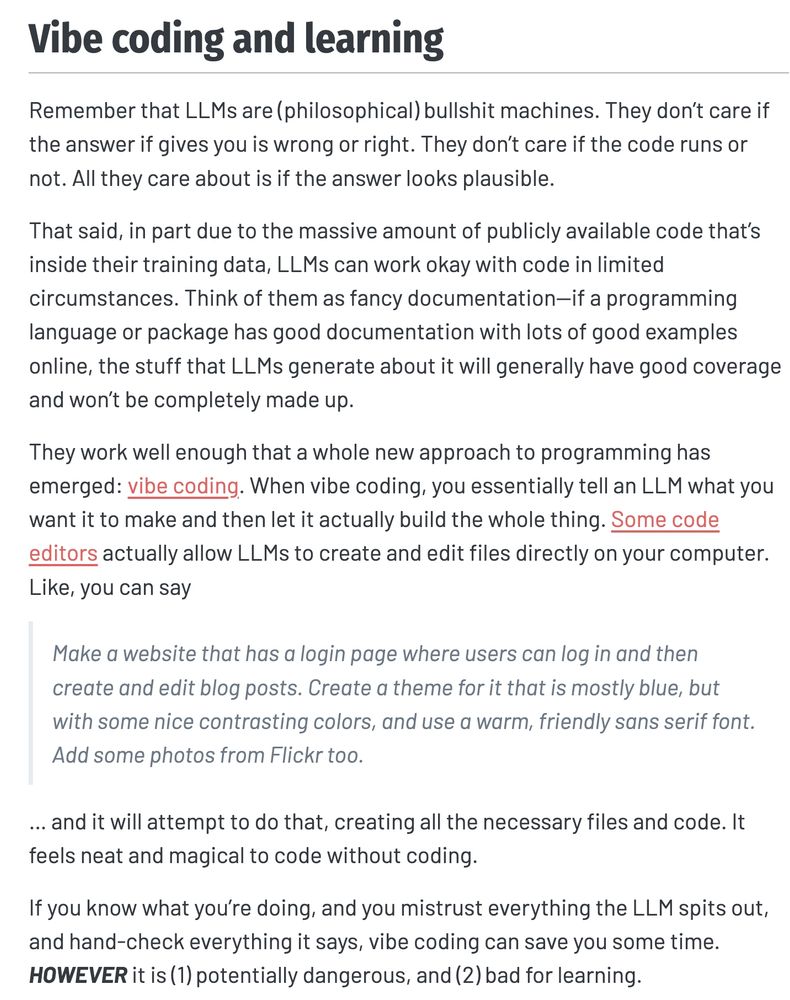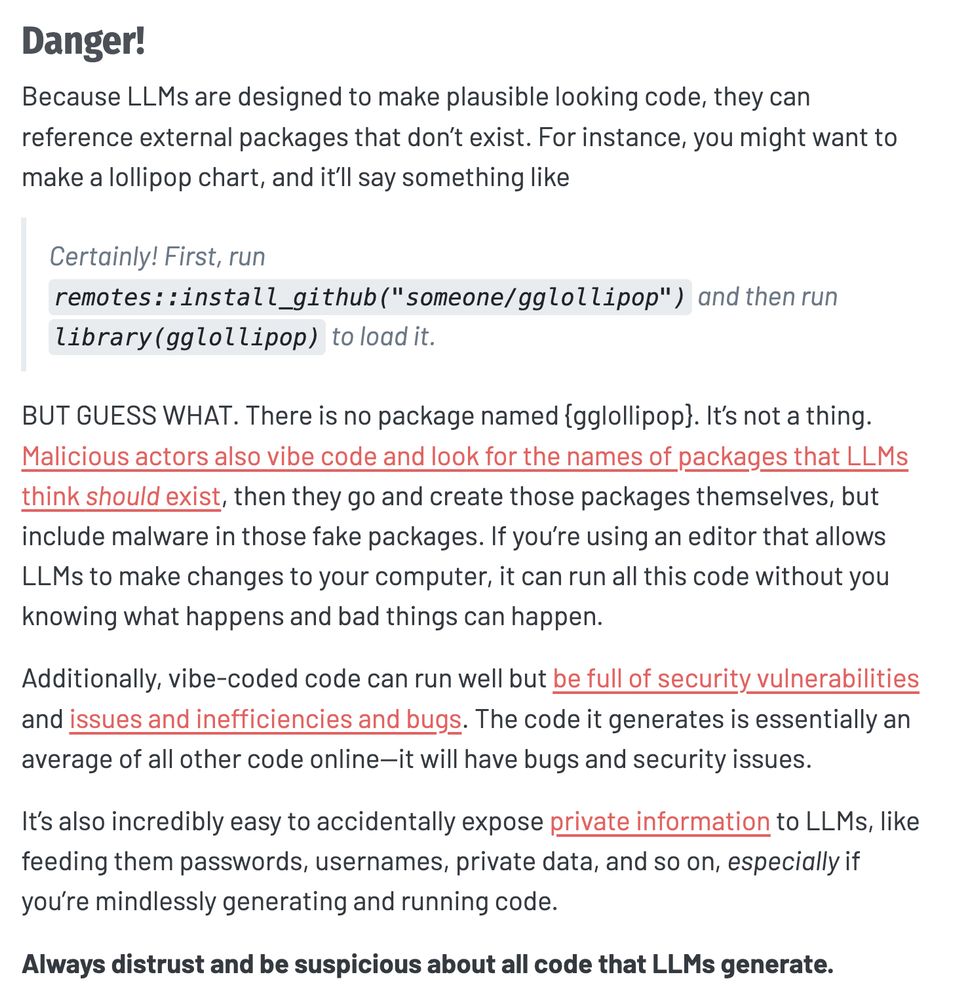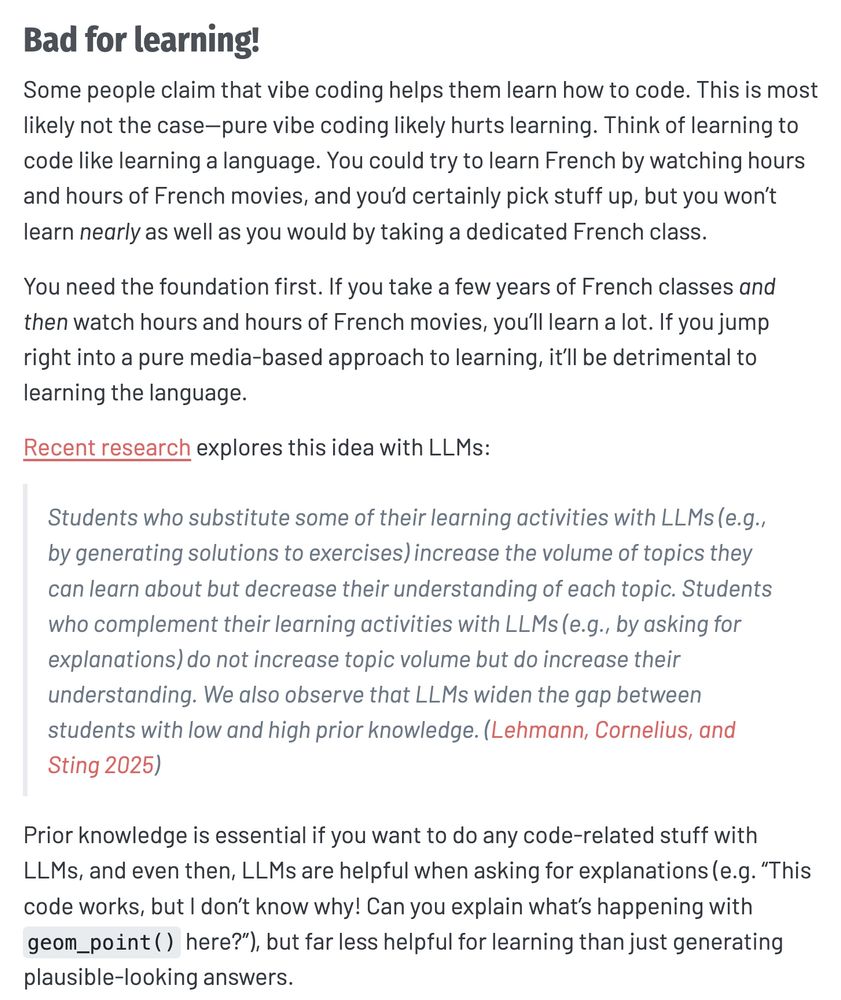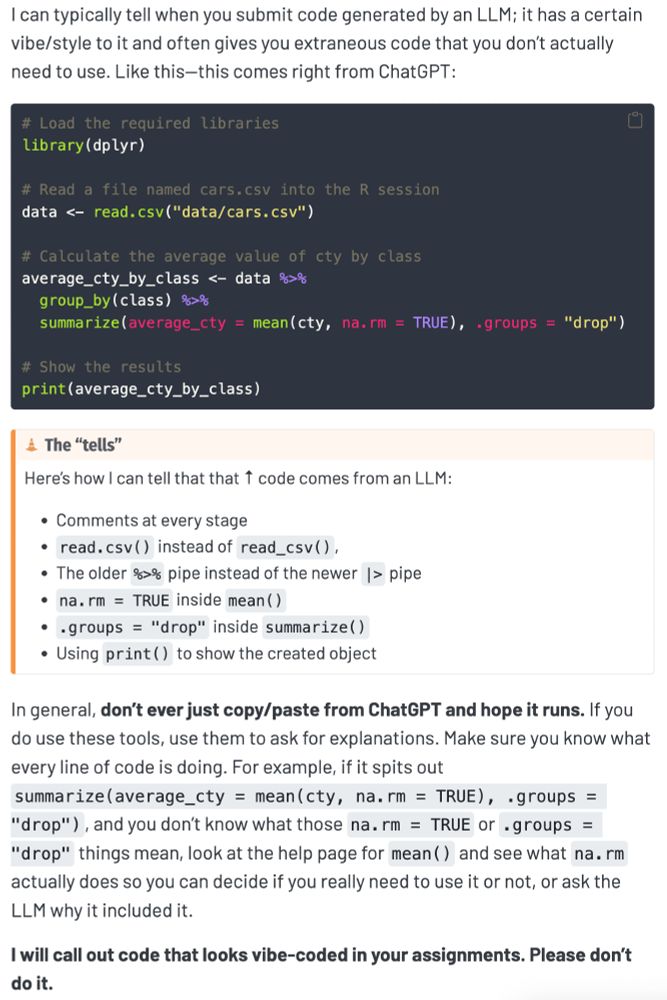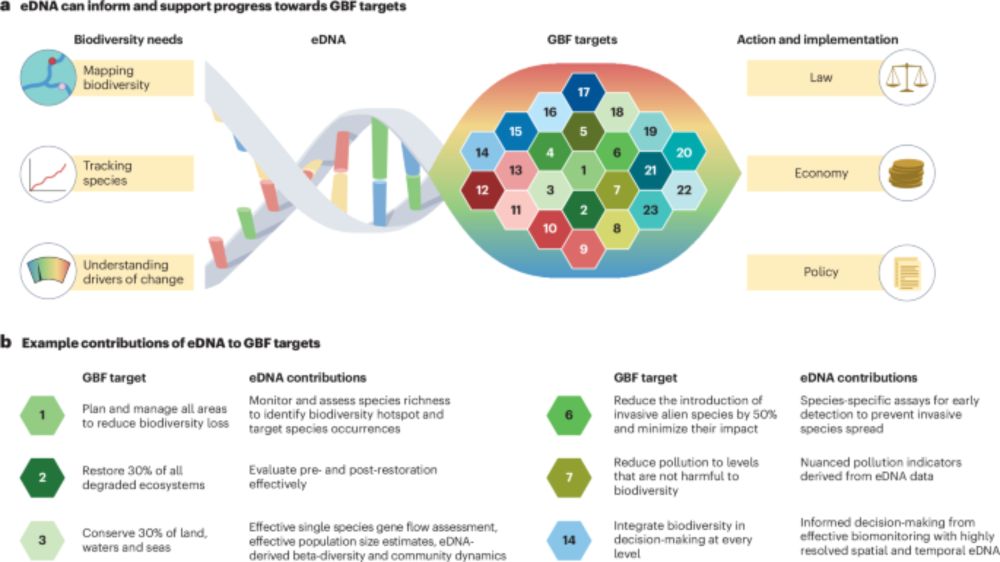Francois Keck
@francoiskeck.bsky.social
590 followers
260 following
24 posts
Digital community ecologist. I pursue the laws of nature on my computer.
#rstats | #eDNA | #biodiversity | #ecology | and more
https://francoiskeck.fr/
Posts
Media
Videos
Starter Packs
Pinned
Reposted by Francois Keck
Reposted by Francois Keck
Reposted by Francois Keck
Reposted by Francois Keck
Selina Baldauf
@selina-b.bsky.social
· Aug 17
Reposted by Francois Keck
Reposted by Francois Keck
Reposted by Francois Keck
Francois Keck
@francoiskeck.bsky.social
· Jul 18
Reposted by Francois Keck
Reposted by Francois Keck
Reposted by Francois Keck
Jonathan Tonkin
@jdtonkin.bsky.social
· May 29
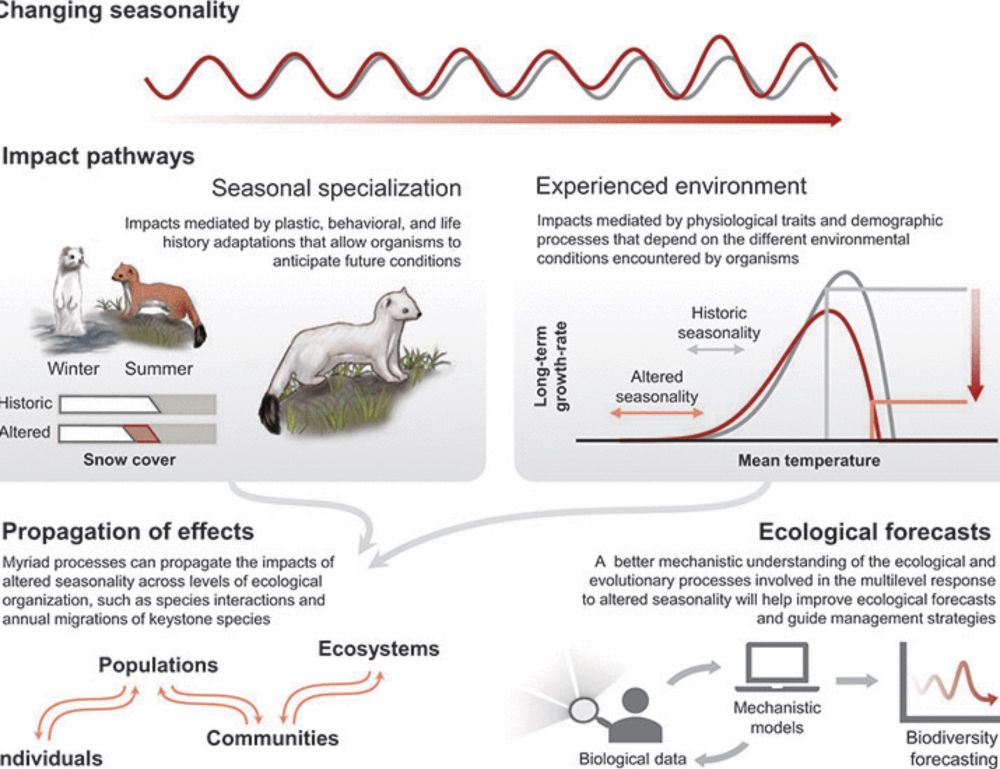
Ecological and evolutionary consequences of changing seasonality
Climate change and other anthropogenic drivers alter seasonal regimes across freshwater, terrestrial, and marine biomes. Seasonal patterns affect ecological and evolutionary processes at different eco...
www.science.org
